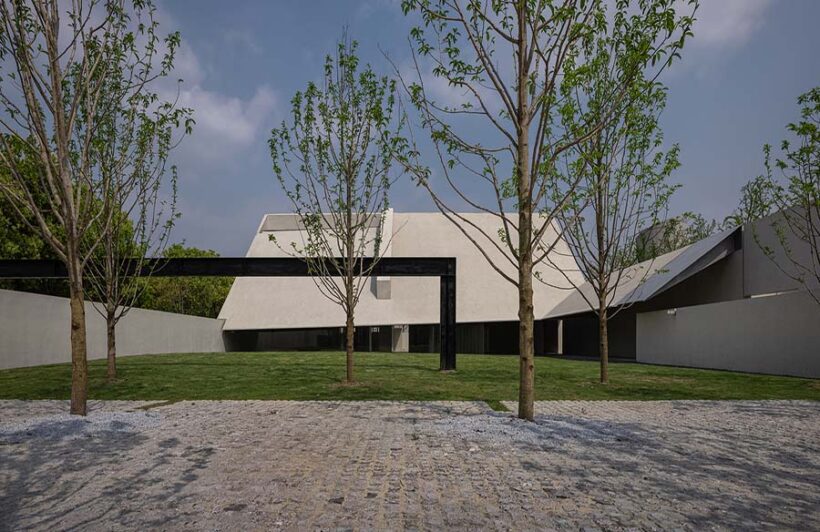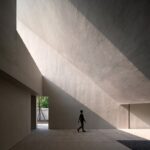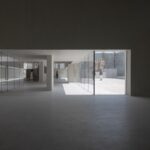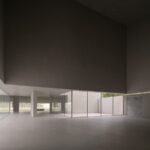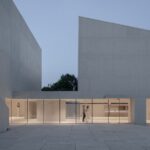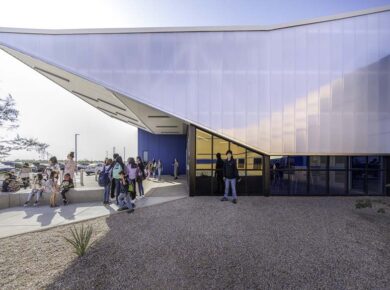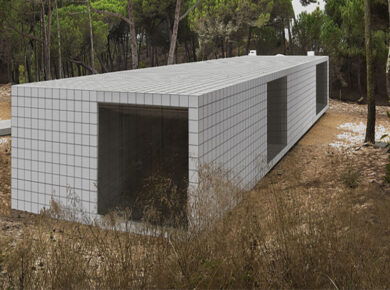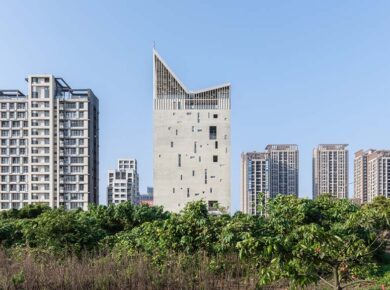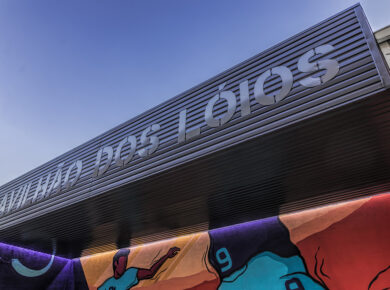Tao Yiqiu, born into a prominent family in Kunshan, made significant contributions to his hometown during his lifetime. In 1939, he founded Kunshan’s first anti-Japanese armed force and selflessly supported the resistance by selling his own land. To honor his legacy, a memorial hall was constructed in Lujia Town, Kunshan.
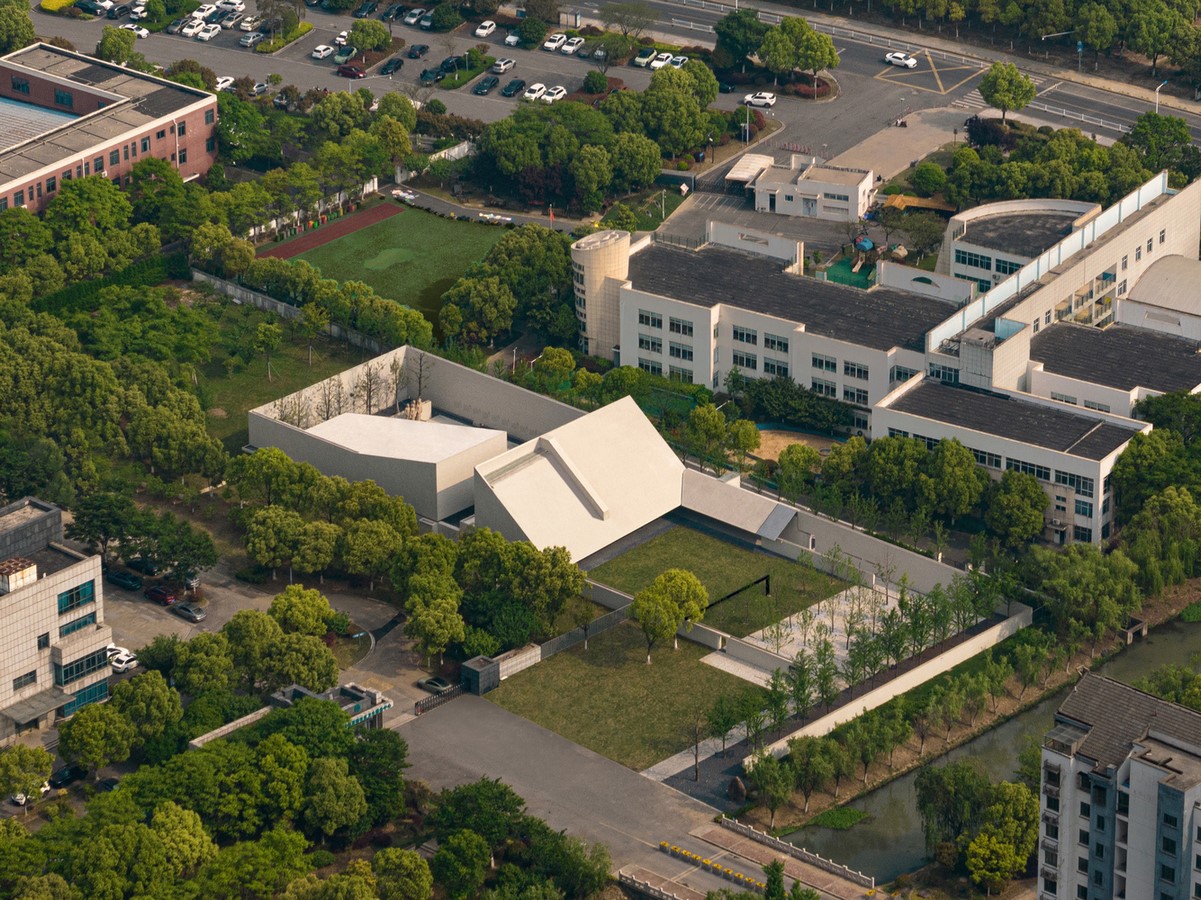
Relocation and Redesign
In 2020, plans to build an underground line prompted the relocation of the memorial hall to Xiaqiao Community, Tao Yiqiu’s birthplace. The new site, nestled amid service buildings, posed design challenges. However, the architects aimed to create a serene atmosphere for visitors to reflect on Tao Yiqiu’s life amidst the bustling environment.
Design Philosophy
The memorial hall serves as a sanctuary for preserving and transmitting memory. It portrays Tao Yiqiu’s life story with simplicity and humanity, offering visitors a peaceful retreat from daily life. Through a sequence of themed exhibition spaces, visitors can contemplate Tao Yiqiu’s challenges and choices in troubled times, prompting introspection on life itself.
Spatial Arrangement
The hall’s interior features walls of varying heights, subtly separating it from its surroundings. Five themed exhibition spaces are interconnected along the site’s depth, guiding visitors on a contemplative journey. The meandering path enhances the spatial and visual experiences, allowing viewers to perceive each theme space from multiple angles.
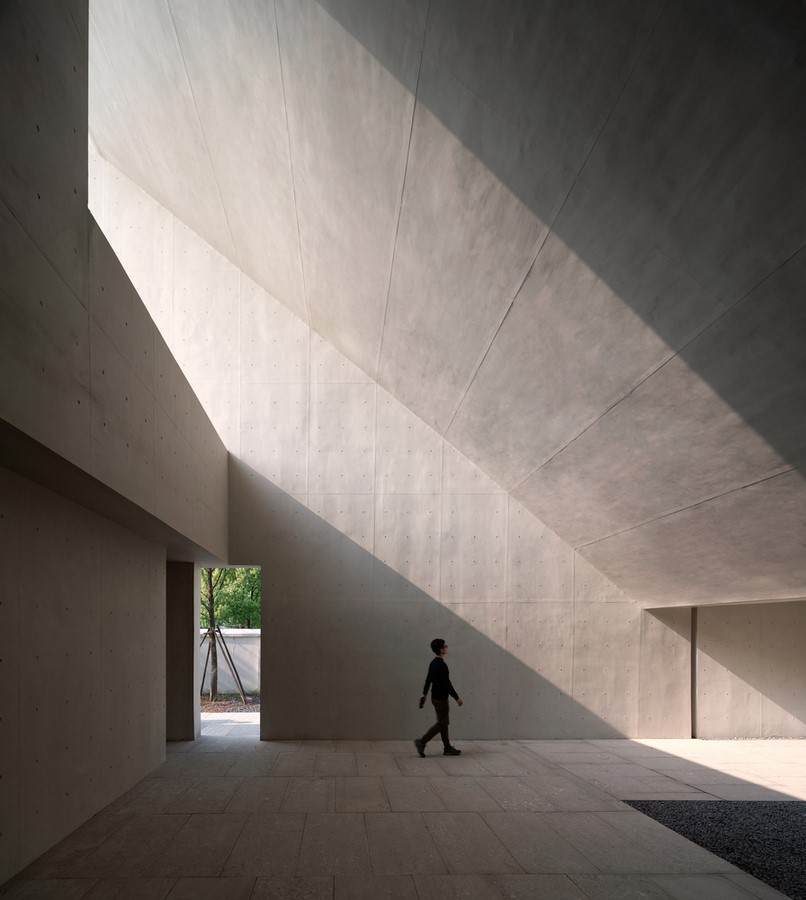
Visual Tranquility and Sublimity
Emphasizing horizontality, the design establishes visual tranquility within the memorial hall. By playing with volume, symmetry, and architectural scale, the space achieves a delicate balance between centripetality and discreteness. The result is a serene environment that encourages reflection and meditation.
Beyond Commemoration
Expanding from a mere exhibition hall to a transcendent meditation garden, the memorial hall invites visitors to commune with nature and introspect. It transforms from a structure to be observed into a space that invites viewers to explore their inner selves, embodying the spirit of Tao Yiqiu’s legacy in a contemporary setting.
